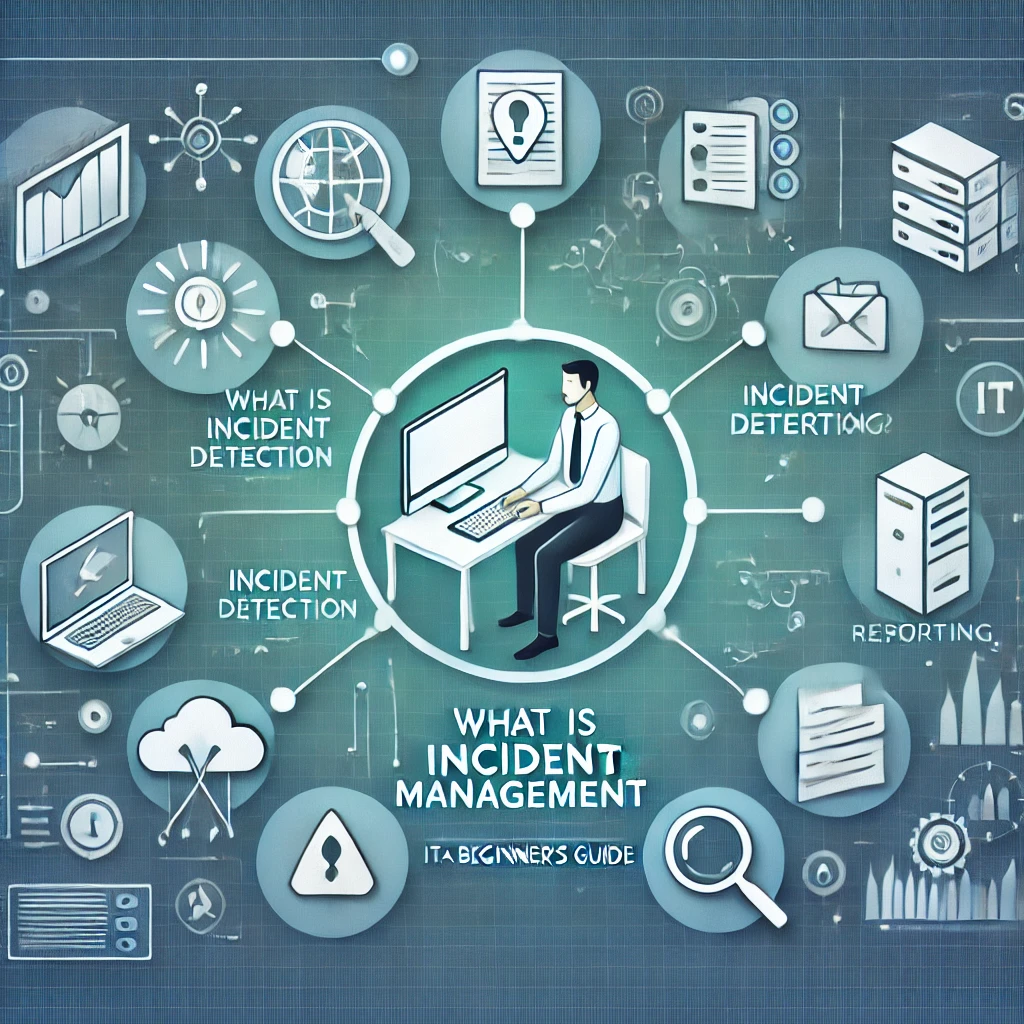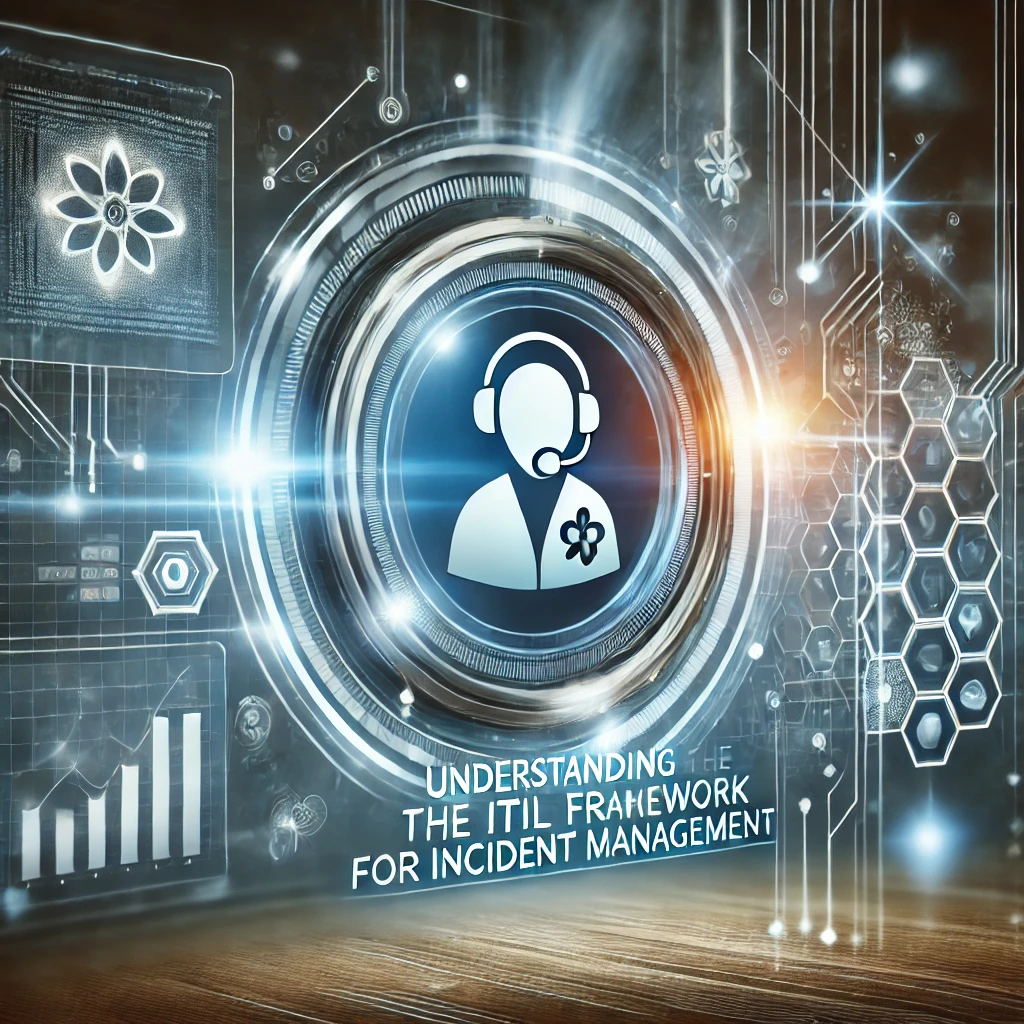🏆 Mentoring and Coaching Future Incident Managers: A Roadmap to Success
Incident management is a high-stakes domain requiring quick decision-making, deep technical expertise, and strong leadership. Organizations rely on incident managers to respond to outages, security breaches, and critical system failures effectively. As technology continues to evolve and incidents become more complex, the need for well-trained incident managers has never been greater.
To ensure that the next generation of incident managers is well-prepared, organizations must establish robust mentoring and coaching programs. By transferring knowledge, refining decision-making abilities, and instilling leadership qualities, experienced professionals can groom future incident managers to excel in their roles. This guide delves deep into the strategies and best practices for mentoring and coaching future incident managers.

🎯 Why Mentoring and Coaching Matter in Incident Management
A well-structured mentorship program benefits both individuals and organizations. Here are some key reasons why mentoring and coaching are crucial in incident management:
🔹 Knowledge Transfer
Mentoring helps transfer critical insights, best practices, and proven incident management strategies from seasoned professionals to new leaders. Without mentorship, organizations risk losing valuable institutional knowledge when experienced incident managers move on.
🔹 Faster and More Effective Decision-Making
Incident managers must make quick, high-impact decisions under pressure. Coaching helps develop the ability to analyze complex situations and determine the best course of action efficiently.
🔹 Building Confidence in Future Leaders
Handling major incidents can be daunting, especially for new incident managers. A well-coached professional gains confidence in their ability to handle crises, communicate effectively, and make tough decisions.
🔹 Improved Team Collaboration and Communication
Incident managers work closely with engineers, security teams, customer support, and executives. A mentor can help new managers develop interpersonal skills, ensuring seamless collaboration across departments.
🔹 Enhancing Incident Response Efficiency
Organizations with well-trained incident managers experience faster resolution times, fewer recurring issues, and improved service reliability. Mentorship ensures consistency in incident response protocols, minimizing downtime and business impact.
🏗️ Key Strategies for Mentoring Future Incident Managers
A successful mentoring and coaching program should be structured, goal-oriented, and interactive. Below are the best strategies to guide aspiring incident managers.
1️⃣ Establish a Structured Mentorship Program
A structured mentorship program lays the foundation for effective learning. Here’s how to create one:
- Define Objectives: Identify key skills and competencies that mentees must develop. Focus on technical expertise, leadership, and communication.
- Pair Mentors with Mentees: Assign experienced incident managers to coach junior employees based on skill level and learning needs.
- Set Milestones: Break down the learning journey into phases, such as shadowing, assisted response, and independent management.
- Use a Progress Tracking System: Regularly assess mentees’ progress through feedback sessions and real-world evaluations.
2️⃣ Encourage Hands-On Learning
Theoretical knowledge alone isn’t sufficient to manage live incidents. The best way to prepare future incident managers is through practical experience:
- Incident Shadowing: Allow mentees to observe live incidents, from identification to resolution.
- Simulated Drills: Use incident simulation tools to recreate crisis scenarios and evaluate mentees’ responses.
- Post-Mortem Analysis: Engage mentees in post-incident reviews to discuss what went well, what failed, and how to improve.
3️⃣ Develop Problem-Solving and Decision-Making Skills
Effective incident managers are problem solvers. To develop this skill:
- Expose them to real-world scenarios: Present past incidents and ask mentees to suggest resolutions.
- Use decision-making frameworks: Teach structured approaches such as the OODA Loop (Observe, Orient, Decide, Act) or Root Cause Analysis (RCA).
- Encourage a proactive mindset: Train mentees to anticipate and mitigate risks before incidents occur.
4️⃣ Foster Communication and Leadership Qualities
Incident managers must communicate effectively with technical teams and non-technical stakeholders. Here’s how to build these skills:
- Role-Playing Exercises: Simulate situations where mentees must report incidents to leadership teams.
- Written Communication Training: Teach mentees how to document incidents, write reports, and create knowledge base articles.
- Crisis Communication Techniques: Train them on how to handle tense situations calmly and provide clear, actionable updates.
5️⃣ Teach Stress Management and Resilience
Incident management can be stressful. A good mentor must prepare future managers to handle pressure effectively:
- Time Management: Teach mentees to prioritize tasks and allocate resources efficiently.
- Staying Calm Under Pressure: Encourage techniques like deep breathing, mindfulness, and structured problem-solving.
- Preventing Burnout: Emphasize work-life balance and strategies to manage workload effectively.
6️⃣ Promote Continuous Learning and Development
Technology evolves rapidly, and incident managers must keep up with new trends. Encourage ongoing learning by:
- Attending Industry Webinars & Conferences: Keep mentees updated on the latest incident management trends.
- Providing Certifications & Training: Recommend courses on ITIL, DevOps, and SRE principles.
- Encouraging Peer-to-Peer Knowledge Sharing: Organize internal training sessions and knowledge-sharing meetings.
📊 Essential Tools for Effective Mentorship
Leveraging the right tools can enhance the mentoring experience. Here are some must-have tools:
✅ Incident Simulators: Platforms like Gremlin or Chaos Monkey help mentees practice real-life incident scenarios.
✅ Documentation & Playbooks: Well-structured incident response guides provide step-by-step instructions.
✅ Communication Tools: Slack, Microsoft Teams, and PagerDuty ensure seamless collaboration.
✅ Feedback Mechanisms: Use tools like 360-degree feedback systems to track mentee progress.
✅ Project Management Tools: JIRA and Confluence help mentors assign tasks and track learning progress.
📌 Real-World Example: Successful Mentorship in Incident Management
Many leading organizations have established mentorship programs to groom future incident managers.
For example, Google’s Site Reliability Engineering (SRE) team has a structured apprenticeship program that helps junior engineers transition into incident management roles. Through a combination of classroom training, hands-on learning, and continuous coaching, Google ensures that its SREs can handle critical incidents effectively.
Similarly, Netflix’s Chaos Engineering Team uses simulated failures to train their engineers on real-world incident handling, preparing them to manage high-impact outages proactively.
❓ Frequently Asked Questions (FAQs)
1️⃣ What is the role of an incident manager?
An incident manager is responsible for handling critical IT and security incidents, ensuring quick resolution, minimizing downtime, and preventing future issues. They coordinate response teams, communicate with stakeholders, and maintain service reliability.
2️⃣ Why is mentoring important for future incident managers?
Mentoring helps new incident managers develop the technical expertise, leadership skills, and decision-making abilities needed to manage incidents effectively. It ensures knowledge transfer and builds confidence in handling crises.
3️⃣ How can I become an incident manager?
To become an incident manager, gain experience in IT operations, incident response, and system monitoring. Learning tools like New Relic, Grafana, and PagerDuty, along with certifications in ITIL or DevOps, can also help.
4️⃣ What skills are necessary for an effective incident manager?
Key skills include problem-solving, crisis communication, leadership, decision-making under pressure, technical troubleshooting, and the ability to analyze incident reports and root causes.
5️⃣ What are the best tools for incident management training?
Tools like Gremlin, Chaos Monkey, PagerDuty, Slack, and JIRA help simulate incidents, streamline communication, and track responses for learning purposes.
6️⃣ How long does it take to train a new incident manager?
The training timeline depends on the complexity of incidents and the mentee’s prior experience. Typically, structured mentorship programs last between 6 to 12 months, combining hands-on experience with guided learning.
7️⃣ What are the biggest challenges in coaching future incident managers?
Challenges include handling high-pressure situations, developing quick decision-making abilities, and balancing technical and leadership skills. Mentors must also ensure mentees remain adaptable to evolving technologies.
📌 Final Thoughts
Mentoring and coaching future incident managers isn’t just about teaching technical skills—it’s about nurturing leadership, resilience, and strategic thinking. A structured mentoring program ensures that organizations have well-equipped, confident, and competent incident managers ready to handle crises effectively.
By investing in mentorship, organizations can reduce downtime, improve incident response efficiency, and create a strong culture of continuous learning.
📚 Learn More:
📢 Have you mentored or coached an aspiring incident manager? Share your experience in the comments below!




